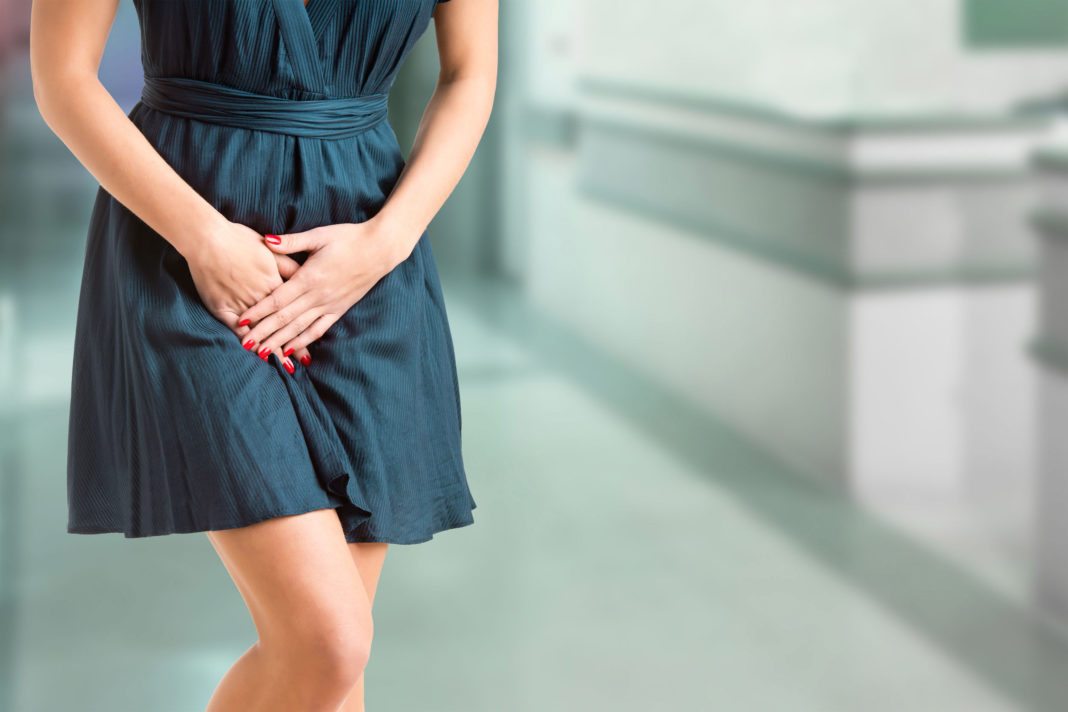33% of Irish people are too embarrassed to seek medical help for overactive bladder (OAB) according to research, while 23% have not heard of OAB. In Munster, 85% of people don’t seek help for the condition.
The research, carried out on behalf of Astellas, reveals that over 14% of Irish people experience bladder weakness issues overall – making it a more common condition than diabetes, affecting more than 350,000 people in Ireland.
The research also revealed that there is confusion over what causes the condition, with 28% of Irish people overall believing it is simply a part of getting older, and 45% incorrectly believing it normally only affects women.
The report was carried out to mark the launch of www.oab.ie which aims to inform and reassure the Irish public about OAB and its symptoms.
Seeking help
Aside from the treatment available from GPs, people with OAB can also benefit from physiotherapy to help strengthen their pelvic floor muscles.
Expert physiotherapist Maeve Whelan has devised some simple tips for managing bladder control and highlighted that anyone experiencing OAB symptoms can take steps to control it.
“There are some simple solutions you can try right away to curb urinary incontinence. For example, a pelvic floor exercise called a Kegel is great to do every day. Kegels work by squeezing pelvic floor muscles as if you’re trying to stop urinating. Get into the habit of doing them daily – about three times a day. They can stop leakage or significantly prevent it” Maeve said.
Top tips to get your bladder under control
Exercise – Pelvic floor exercises strengthen the pelvic floor muscles. As with any muscle, regular exercise can make these muscles stronger and help you prevent or control urinary incontinence and other pelvic floor problems. You can do pelvic exercises discreetly just about any time, whether you’re driving in the car, sitting at your desk or relaxing on the couch.
Cut out caffeine and alcohol – Both make you produce more urine, and research shows that drinking a lot of coffee increases the likelihood of incontinence in women, as caffeine may have a diuretic effect. This diuretic effect increases the amount of urine you make.
But don’t avoid water! – Drink 6 to 8 glasses of water per day. Cut back in the evening if you leak overnight, but do drink throughout the day. If you don’t, your body will still make urine, but it will be concentrated and can irritate the lining of your bladder, causing more of an urge.
Keep track of your symptoms – A ‘bladder diary’ is a good way to keep track of symptoms. Record when you visit the toilet during the day, as well as what and how much you drink and any times that you have had a leakage. The diary can help you and your doctor see how often you go to the toilet each day and the longest time between visits. With this information you can gradually increase the time between your trips to the toilet.
Watch what you eat – Extra body fat can lead to urine leaks – it puts pressure on the bladder or the urethra (the tube leading from the bladder). Watch what you eat as much as possible and make sure to fit a general exercise routine into your day.
Take control! – There are other simple things you can do to learn more about any symptoms you have. Visit www.oab.ie to take a self-assessment test, which you can bring to your GP for more information. Always talk to your GP if you are worried about your symptoms and want to know what treatments are available to help you.












